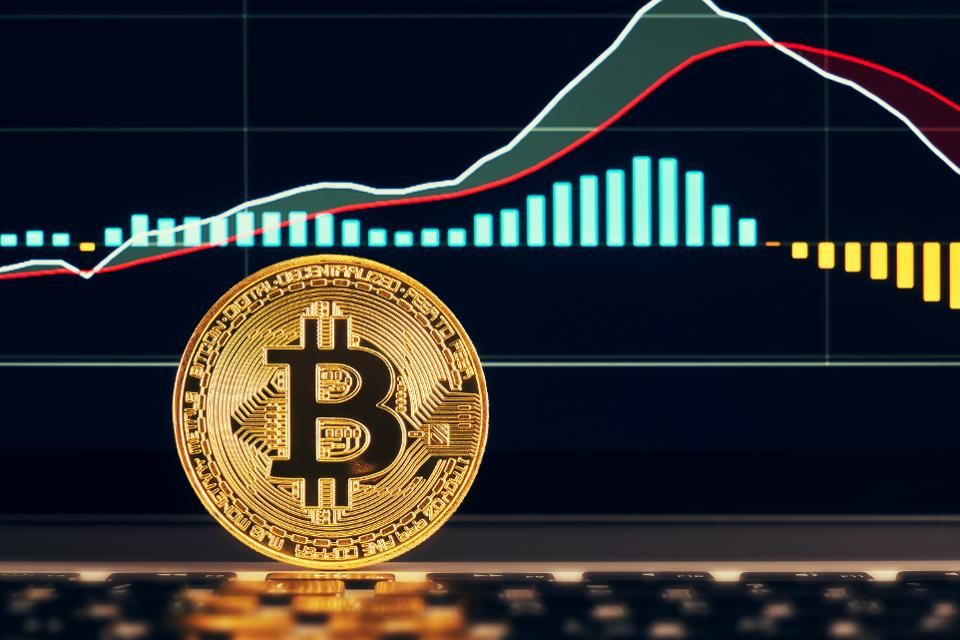MARA Holdings Launches $2 Billion Stock Offering to Expand Bitcoin Stash
30.03.2025 16:06 1 min. read Alexander Stefanov
Bitcoin mining firm MARA Holdings (MARA) is launching a new $2 billion stock offering, continuing its strategy of acquiring Bitcoin directly from the market.
This move is part of the company’s ongoing efforts to expand its holdings, sticking to its “Hodl” approach of holding Bitcoin long-term.
According to a recent filing with the U.S. Securities and Exchange Commission (SEC), MARA has partnered with a group of investment banks—including Barclays, BMO Capital Markets, BTIG, and Cantor Fitzgerald—to execute an at-the-market (ATM) equity program.
This will allow brokers to sell shares periodically, with the proceeds mainly directed toward purchasing more Bitcoin.
In the filing, MARA confirmed its intention to use the funds for “general corporate purposes,” with a significant portion earmarked for Bitcoin acquisition and working capital. This new offering follows a previous ATM plan aimed at raising up to $1.5 billion for similar purposes.
MARA’s approach mirrors that of Michael Saylor’s strategy, which involves raising capital through equity and convertible bonds to fund Bitcoin purchases. With its current treasury holding 46,376 BTC, MARA now possesses the second-largest Bitcoin reserve among publicly traded companies, trailing only Strategy’s 506,137 BTC.
-
1
Crypto Inflows hit $1B Last Week as Ethereum Outshines Bitcoin in Investor Sentiment
07.07.2025 20:30 2 min. read -
2
Public Companies Outpace ETFs in Bitcoin Buying: Here is What You Need to Know
02.07.2025 12:30 2 min. read -
3
Robert Kiyosaki Buys More Bitcoin, Says He’d Rather Be a ‘Sucker Than a Loser’
02.07.2025 22:00 1 min. read -
4
This Week in Crypto: Whale Accumulation, Ethereum Signals, and a Sentiment Shake-Up
05.07.2025 21:00 3 min. read -
5
BlackRock’s IBIT Bitcoin ETF Surpasses 700,000 BTC in Record Time
08.07.2025 19:00 2 min. read
Weekly Crypto Roundup: Bitcoin Hits ATH, Ethereum Surges, Trump Advances Crypto Reforms
Analyzing the latest updates shared by Wu Blockchain, this past week underscored a pivotal shift in the crypto landscape. Bitcoin surged to a new all-time high of $123,226, pushing the overall crypto market cap beyond $4 trillion—a milestone reflecting renewed investor confidence and accelerating institutional flows.
Charles Schwab to Launch Bitcoin and Ethereum Trading Soon, CEO Confirms
Charles Schwab is preparing to roll out spot Bitcoin and Ethereum trading, according to CEO Rick Wurster during the firm’s latest earnings call.
Over $5.8 Billion in Ethereum and Bitcoin Options Expired Today: What to Expect?
According to data shared by Wu Blockchain, over $5.8 billion in crypto options expired today, with Ethereum leading the action.
BlackRock Moves to Add Staking to iShares Ethereum ETF Following SEC Greenlight
BlackRock is seeking to enhance its iShares Ethereum Trust (ticker: ETHA) by incorporating staking features, according to a new filing with the U.S. Securities and Exchange Commission (SEC) submitted Thursday.
-
1
Crypto Inflows hit $1B Last Week as Ethereum Outshines Bitcoin in Investor Sentiment
07.07.2025 20:30 2 min. read -
2
Public Companies Outpace ETFs in Bitcoin Buying: Here is What You Need to Know
02.07.2025 12:30 2 min. read -
3
Robert Kiyosaki Buys More Bitcoin, Says He’d Rather Be a ‘Sucker Than a Loser’
02.07.2025 22:00 1 min. read -
4
This Week in Crypto: Whale Accumulation, Ethereum Signals, and a Sentiment Shake-Up
05.07.2025 21:00 3 min. read -
5
BlackRock’s IBIT Bitcoin ETF Surpasses 700,000 BTC in Record Time
08.07.2025 19:00 2 min. read


